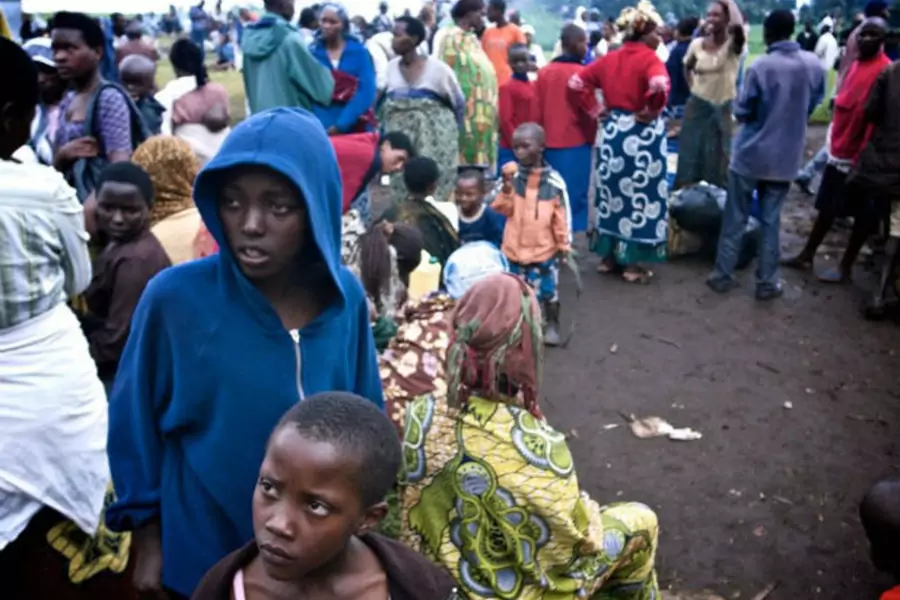More on:
The ongoing tragedy in eastern Congo is closely related to the history of genocide in Rwanda. Herman J. Cohen, former assistant secretary of state for Africa, former ambassador to Senegal and Gambia and once deputy chief of mission in Congo-Kinshasa, has just published a must-read article (gated): “Rwanda: Fifty Years of Ethnic Conflict on Steroids.” Cohen shows that the 1994 genocide in Rwanda was not a one-off event but part of an ethnic conflict that started in 1959. Its root causes included overpopulation, poverty, and bad colonial policies, especially with respect to sharpening ethnic differences and identities. He identifies three episodes of post-independence genocide in the Great Lakes region: 1972 in Burundi in which the Tutsis murdered 80,000 Hutus; 1994 in Rwanda in which the Hutus murdered some 800,000 Tutsis; and 1996 in eastern Congo (Tingi Tingi) when a Tutsi-dominated Rwandan army murdered 80,000 Hutus. Perpetrators of these massacres have largely acted with impunity.
In a sober conclusion, Ambassador Cohen assesses the achievements of the Kagame government in Rwanda but concludes that the country remains inherently unstable because the ruling elites are only about fifteen percent of the population. With continuing ethnic tensions in Rwanda and Burundi, there is possibility of another round of genocide. The UN developed the doctrine of “the Responsibility to Protect” in part as a response to the earlier genocides. It provides a structure for an international response to a future genocide. Yet, as Cohen observes, the international response to the earlier genocides does not engender optimism about the future.
There is awareness in the United States of the humanitarian disasters of eastern Congo. Ambassador Cohen’s article puts them in context even if it does nothing to reduce their horror. However, greater familiarity of just what has happened in the Great Lakes region might have the salutary consequence of building popular support for the doctrine of Responsibility to Protect.
More on:
 Online Store
Online Store
